Symposium
Your text goes here
Day One:
| 9:00am – 9:10am | Welcome |
| 9:10am – 10:30am | Scott Albert Sponsored by: Learn MoreTalk info goes here
|
| 10:30am – 11:00am | Coffee Break |
| 11:00am – 12:00pm |
Speaker Name
Learn MoreTalk info goes here
|
| 12:00pm – 1:00pm | Lunch |
| 1:00pm – 2:30pm | Speaker NameLearn MoreTalk info goes here
|
| 2:30pm – 3:00pm | Coffee Break |
| 3:00pm – 4:00pm | Speaker NameLearn MoreTalk info goes here
|
| 4:00pm – 4:15pm | |
| 4:15pm – 6:00pm |
Day Two:
| 9:00am – 9:10am | Welcome |
| 9:10am – 10:30am | Speaker Name Sponsored by: Learn MoreTalk info goes here
|
| 10:30am – 11:00am | Coffee Break |
| 11:00am – 12:00pm |
Speaker Name
Learn MoreTalk info goes here
|
| 12:00pm – 1:00pm | Lunch |
| 1:00pm – 2:30pm | Speaker NameLearn MoreTalk info goes here
|
| 2:30pm – 3:00pm | Coffee Break |
| 3:00pm – 4:00pm | Speaker NameLearn MoreTalk info goes here
|
| 4:00pm – 4:15pm | |
| 4:15pm – 6:00pm |
Speakers
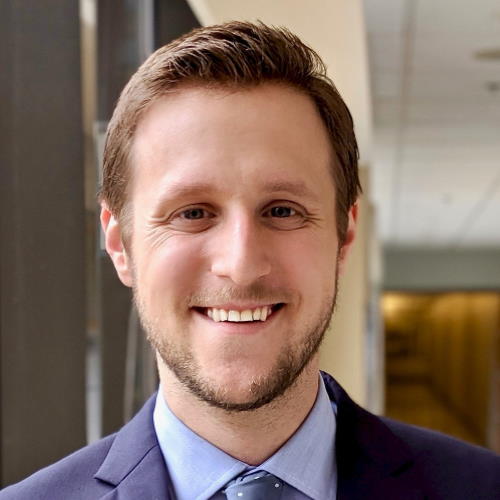
Scott Albert
Johns Hopkins University
Scott Albert is a graduate student in Biomedical Engineering at Johns Hopkins University, studying under the mentorship of Reza Shadmehr. He is interested in the neural control of reaching movements and arm postures, and how each of these processes is changed by the experience of error.
Mentor/lab:
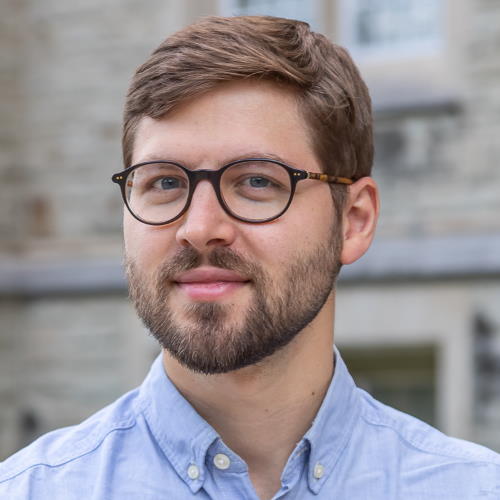
Giacomo Ariani
University of Western Ontario
Giacomo is a postdoctoral researcher in Jörn Diedrichsen’s Lab at Western University (Canada). Before that, he earned his PhD in Cognitive and Brain Sciences at the University of Trento (Italy). His current research focuses on the interactions between motor planning and skill learning in the context of complex sequential behavior.
Mentor/lab:
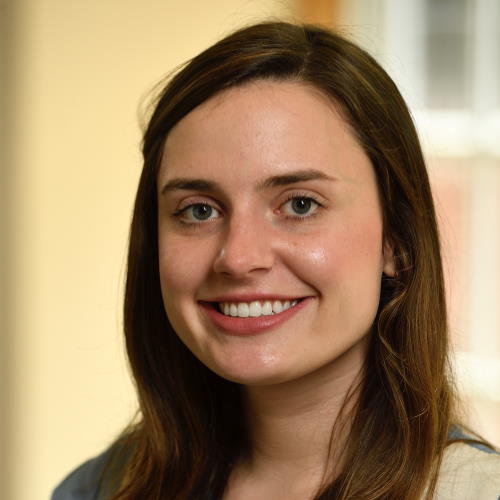
Macauley Breault
Johns Hopkins University
Macauley Breault is a Ph.D. candidate in biomedical engineering at Johns Hopkins University. Her research interests lie at the intersection of data science, neuroscience, and sensorimotor control. Currently, she is studying how past actions and performance influence future movements and how this is represented in the human brain. She is interested in applying her ideas to BCI as a postdoc.
Mentor/lab:
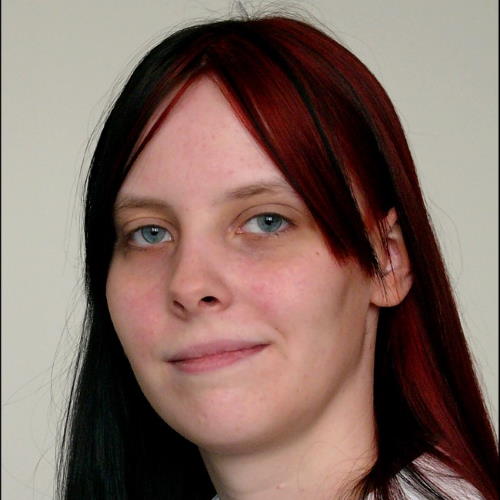
Daniela Buchwald
German Primate Center
Daniela Buchwald is a PhD candidate in Hans Scherberger’s group at the German Primate Center in Göttingen, where she studies grasping movements in rhesus macaques. In her thesis research she investigates how different sensory modalities influence the planning of grasping movements in the monkey brain.
Mentor/lab:
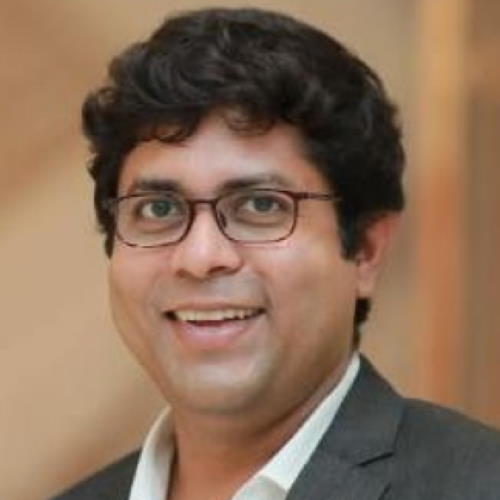
Supriyo Choudhury
Institute of Neurosciences Kolkata
I am currently working as a senior research fellow at Institute of Neurosciences Kolkata, India. I did my medical graduation followed by post-graduation in Clinical Pharmacology. Since last five years I am engaged in clinical research activities on patients with stroke and movement disorders.
Mentor/lab:
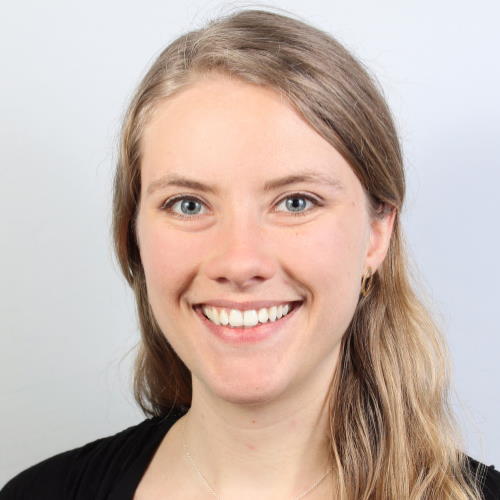
Michelle Heusser
University of Pittsburgh
Michelle R Heusser is a PhD Candidate in Neeraj Gandhi’s lab at the University of Pittsburgh. Her current research focuses on investigating the population-level representation of visual and motor signals by neurons in the superior colliculus throughout the sensorimotor transformation process.
Mentor/lab:
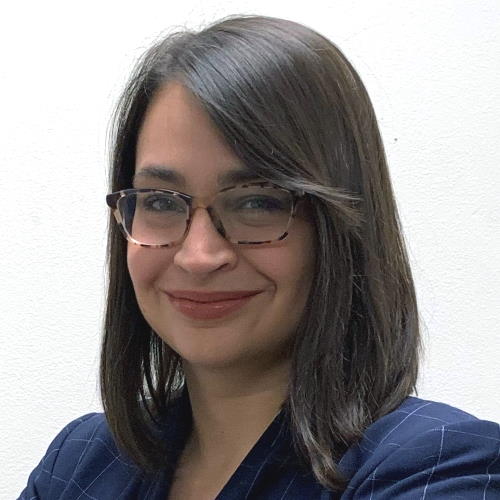
Sara Hussain
National Institute of Neurological Disorders and Stroke at the National Institutes of Health
Sara obtained her PhD in Human Physiology at the University of Iowa under the combined mentorship of Susanne Morton, Warren Darling, and Kelly Cole. She is currently completing her postdoctoral training at the National Institute of Neurological Disorders and Stroke at the National Institutes of Health in Leonardo Cohen’s lab. She studies the brain oscillatory mechanisms underlying human motor control using closed-loop noninvasive brain stimulation.
Mentor/lab:
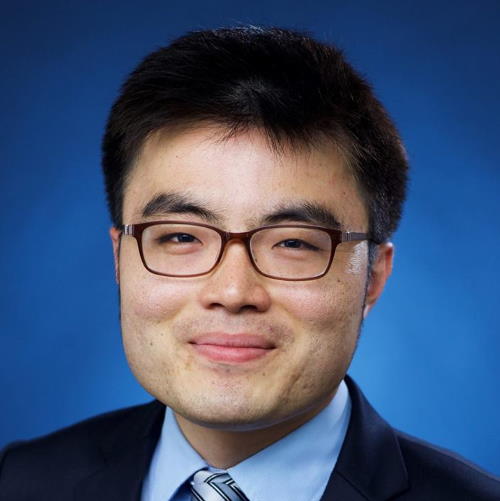
Jung Kang
Washington University School of Medicine
Jung Uk Kang is a neuroscience PhD candidate in the lab of Dr. Lawrence Snyder at Washington University School of Medicine. He received his B.S. in Mathematics-Computer Science from Brown University. His thesis research focuses on how interhemispheric communication between posterior parietal cortices supports bimanual and eye-hand coordination.
Mentor/lab:
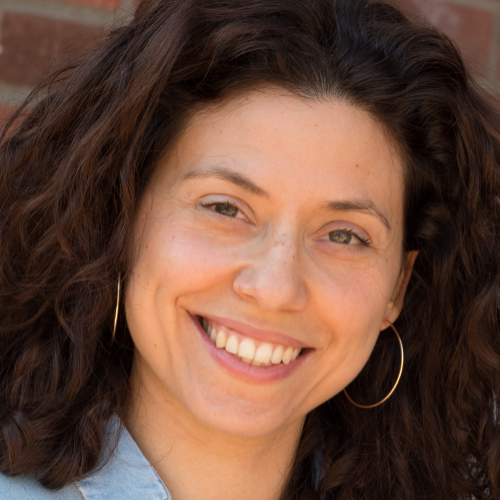
Konstantina Kilteni
Karolinska Institutet
Konstantina Kilteni studied Electrical and Computer Engineering at the National Technical University of Athens and she did her PhD studies in Experimental Psychology at the University of Barcelona. She was a Marie Skłodowska-Curie postdoctoral fellow and she is currently an Assistant Professor at the Department of Neuroscience in Karolinska Institutet. Her research addresses how the brain distinguishes between self-generated and externally-generated touch.
Mentor/lab:
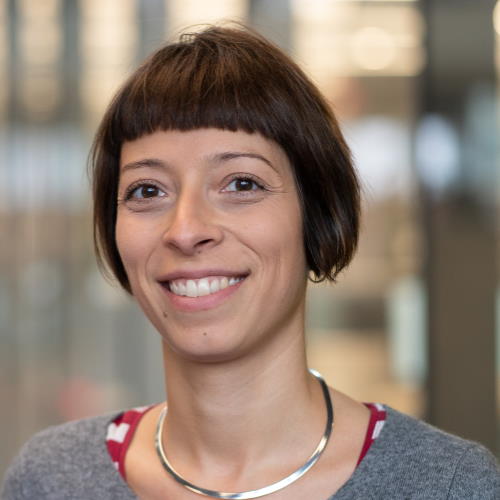
Marta Russo
Northeastern University
Marta studies neuromuscular mechanisms at multiple scales, from postural control and human-human interaction in professional dancers to reaching and catching in clinical populations. Her approach includes virtual environments and computational modeling. After earning her PhD with Andrea d’Avella and Francesco Lacquaniti, she is currently a postdoc with Dagmar Sternad.
Mentor/lab:
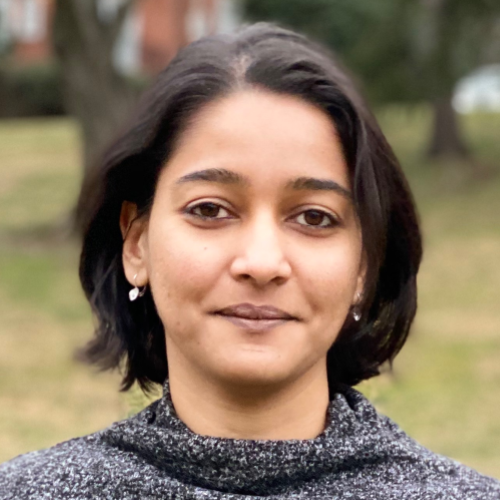
Anupama Sathyamurthy
National Institutes of Health
Anupama Sathyamurthy is a postdoctoral fellow in Ariel Levine’s lab at the National Institutes of Health, USA. Her work focusses on delineating the cell types of the spinal cord and understanding how spinal cell types are integrated into CNS-wide circuits for motor control.
Mentor/lab:
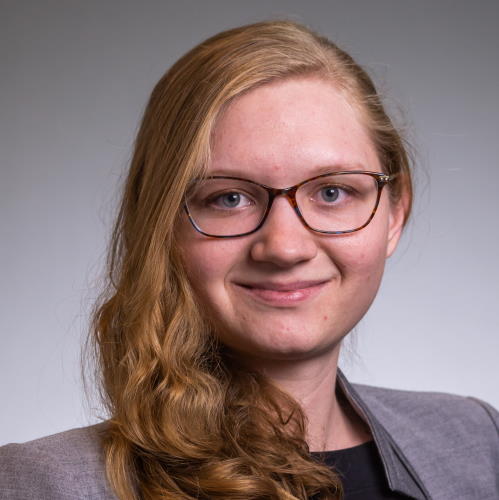
Sarah Wilterson
Princeton University
Sarah is a PhD candidate with Professor Jordan Taylor at Princeton University. Her primary research interest is the learning process in adults. In particular, she examines strategic planning and the early formation of skilled movement. Sarah expects to defend in 2021 and is currently exploring postdoctoral opportunities.
Mentor/lab:
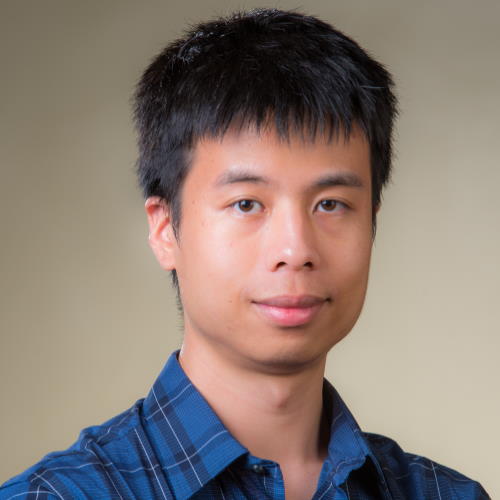
David Xing
Brown University
David obtained his BS in Biomedical Engineering from Columbia University in 2014 and is currently a PhD candidate at Brown University. He is part of the Neuromotion laboratory headed by Dr. David Borton, and his research focuses on understanding the central nervous system control of locomotion as well as developing hind limb brain-machine interfaces.
Mentor/lab: